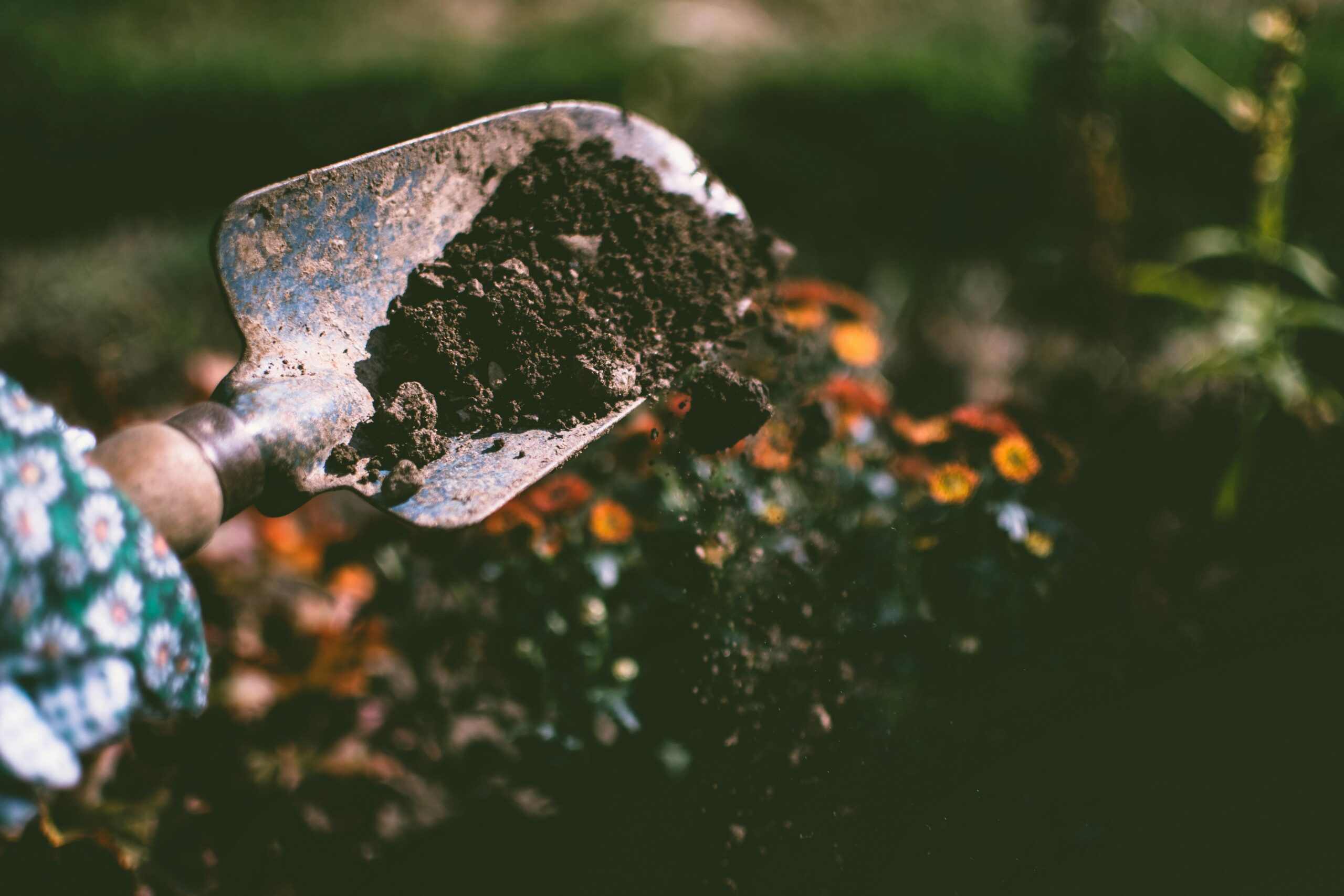The Case for Planting a Garden: How Nurturing Plants Nurtures Your Self-Care and Personal Growth
“To plant a garden is to believe in tomorrow.” — Audrey Hepburn
Have you ever noticed how a well-tended garden seems to radiate a certain peace? It’s no coincidence! There’s something truly magical about plunging your hands into rich soil and watching tiny seeds transform into vibrant, living things. According to a recent study by the American Horticultural Therapy Association, just 30 minutes of gardening can reduce cortisol levels by up to 22%! But gardening isn’t just about growing plants—it’s about growing yourself. I’ve found that the simple act of tending a garden creates this beautiful parallel journey of personal growth and self-care that’s absolutely worth exploring. Whether you’re a seasoned gardener or have never held a trowel in your life, let’s dig into the profound connections between what happens in your garden beds and what happens in your heart and mind!
The Garden as Your Personal Growth Metaphor
Gardening isn’t just about flowers, vegetables, or aesthetics—it’s a deeply personal act of growth. Whether you’re cultivating a backyard plot or tending to a single windowsill plant, gardening has a way of reflecting what’s happening inside us. It’s grounding, calming, and surprisingly transformative. When you plant a seed, you’re not just starting a plant—you’re embarking on a journey that mirrors your own development. Just like plants require patience, care, and consistent attention, so does your personal growth. In the garden, setbacks aren’t failures; they’re lessons. That tomato plant that didn’t make it? It taught you something about soil conditions or sunlight needs. Similarly, our personal setbacks offer invaluable wisdom if we’re willing to learn.
Gardens also teach us about timing and seasons. Some growth happens quickly and visibly, while other development occurs beneath the surface, invisible but crucial. Isn’t that just like our own growth journeys? Sometimes we see immediate results from our efforts, while other times, the most important changes are happening deep within, preparing us for future blooming.
The garden reminds us that growth isn’t linear—it’s cyclical, seasonal, and sometimes messy. By embracing this truth in our plants, we can extend the same grace to ourselves.
Cultivating Mindfulness Through Gardening Rituals
Let’s be honest—in our hyper-connected, notification-driven world, finding genuine moments of presence feels like searching for a four-leaf clover! But gardening naturally pulls us into the present moment. When you’re carefully transplanting seedlings or deadheading spent blooms, your mind naturally quiets. It’s impossible to worry about tomorrow’s meeting when you’re fully absorbed in feeling the texture of soil between your fingers or noticing the intricate patterns of a leaf.
Gardening offers a form of active meditation that many find more accessible than sitting still. The repetitive nature of weeding, watering, and harvesting creates a rhythm that soothes the nervous system and creates space for reflection.
By establishing regular gardening rituals—perhaps morning watering or evening harvesting—you create anchors for mindfulness in your day. These moments become sacred pauses, opportunities to check in with yourself while checking in with your plants.
Pro Tip: Looking to channel more mindfulness while getting your hands dirty? Check out our FREE Plant & Reflect Worksheet: A garden journal for self care & growth.
The Healing Connection Between Earth and Self
There’s something profoundly therapeutic about direct contact with soil. It’s not just poetic sentiment—it’s science! Research has found that beneficial bacteria in soil actually boost serotonin production when we make physical contact with it. That’s right—dirt literally makes you happy! No wonder so many of us instinctively turn to gardening when during tough times.
Gardens also create physical spaces for emotional processing. Many therapists recommend “garden therapy” for working through grief, anxiety, or major life transitions. The garden becomes a safe container for our feelings—a place where we can channel frustration into digging, find hope in new growth, and experience the catharsis that comes from nurturing living things.
Perhaps most importantly, gardening reconnects us with natural cycles of life, death, and renewal. In our sanitized modern existence, we often become disconnected from these fundamental rhythms. The garden gently reminds us that endings make way for beginnings, that rest and dormancy are essential parts of growth, and that there is beauty in every stage of being—even in decline and composting.
Planting a garden isn’t just about what grows above the soil—it’s about what happens within you too. Through routine, reflection, and the quiet magic of nature, gardening becomes a living practice of self care and personal growth. So go ahead—dig in. The seeds you plant today just might change your tomorrow. 🌱
Ready to grow? Start small. Be patient. And watch how your garden grows




